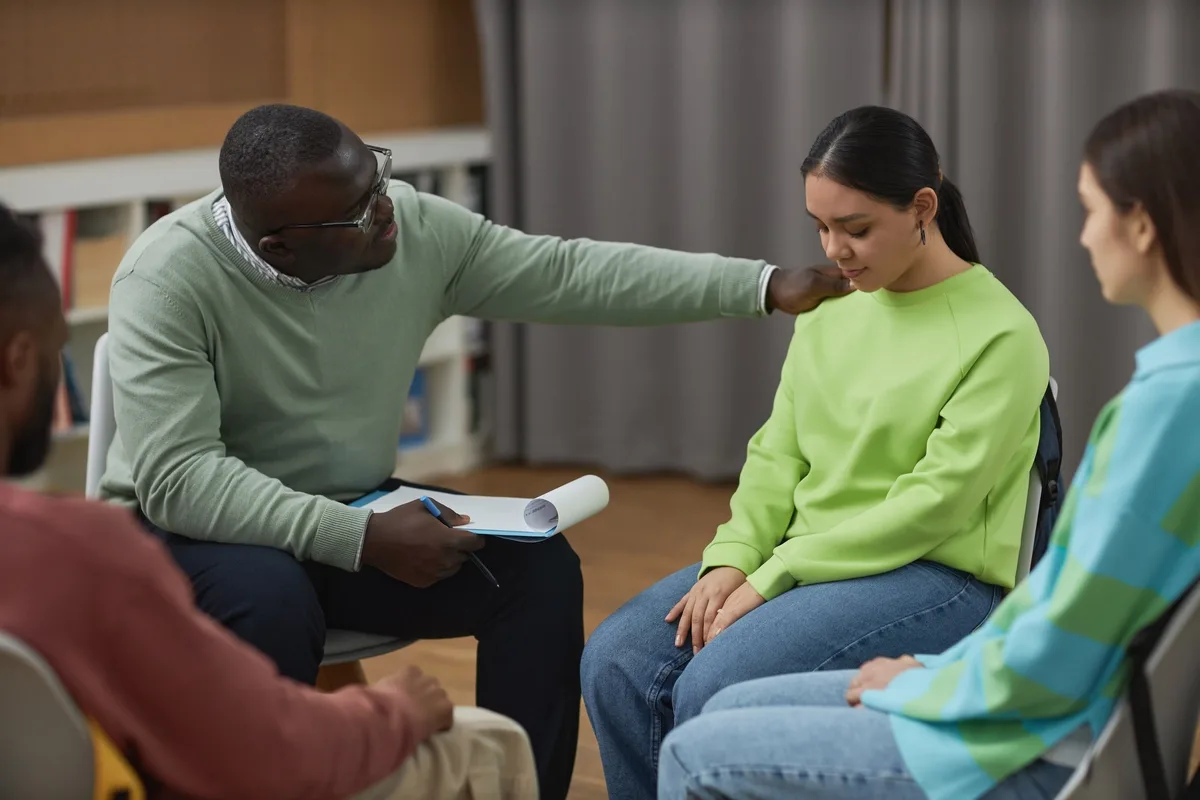24/7 Helpline:
(866) 899-111424/7 Helpline:
(866) 899-1114
Learn more about Bipolar Disorder Treatment centers in Simpson County
Bipolar Disorder Treatment in Other Counties

Region 8 A & D Residential
Region 8 A & D Residential is a private rehab located in Mendenhall, MS. Region 8 A & D Residential ...

Region 8 Mental Health Services
Region 8 Mental Health Services is a private rehab located in Mendenhall, Mississippi. Region 8 Ment...













































Millcreek of Magee Treatment Center
Millcreek is dedicated to help those children and teens who are dealing with behavioral and mental h...

































Other Insurance Options

MHNNet Behavioral Health

Oxford

Regence

WellCare Health Plans

Highmark

American Behavioral

Premera

United Health Care

ComPsych

GEHA

AllWell

UnitedHealth Group

Aetna

Access to Recovery (ATR) Voucher

CareFirst

Sliding scale payment assistance

Kaiser Permanente

Magellan Health

UMR

Excellus